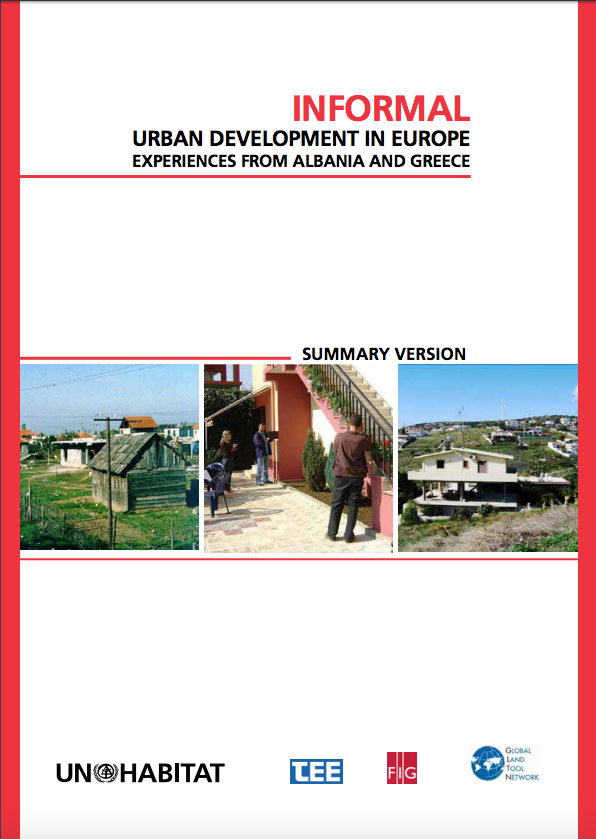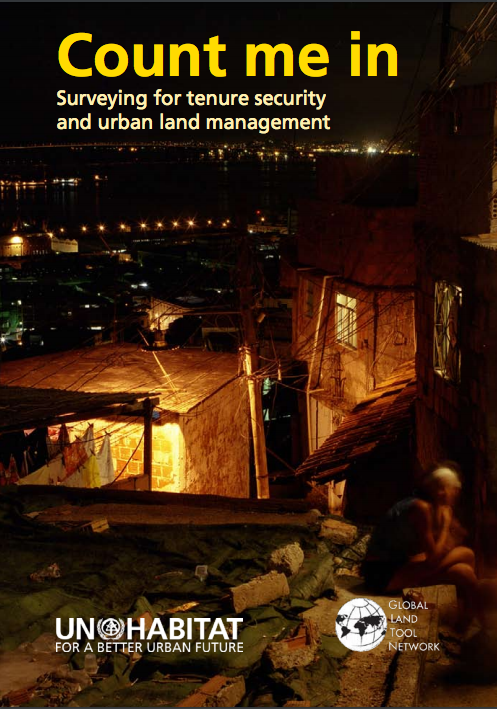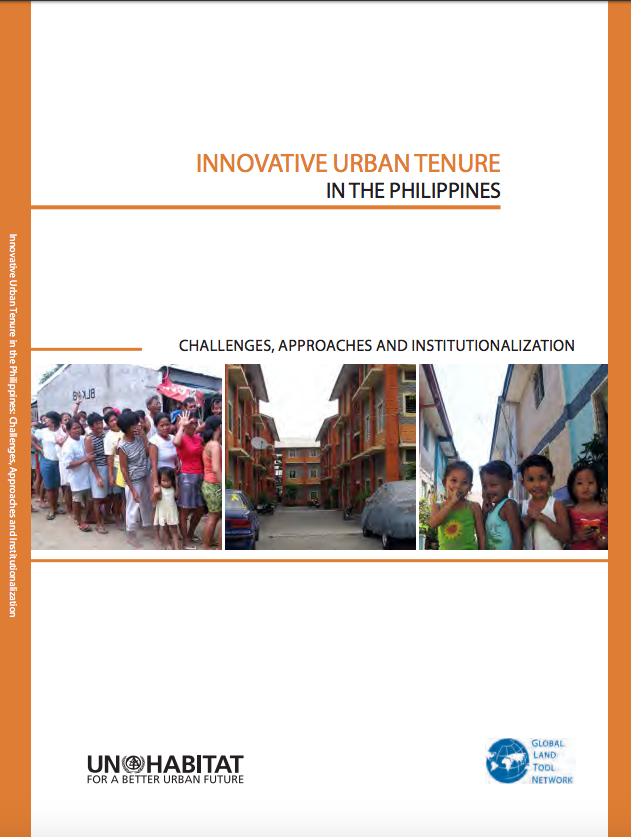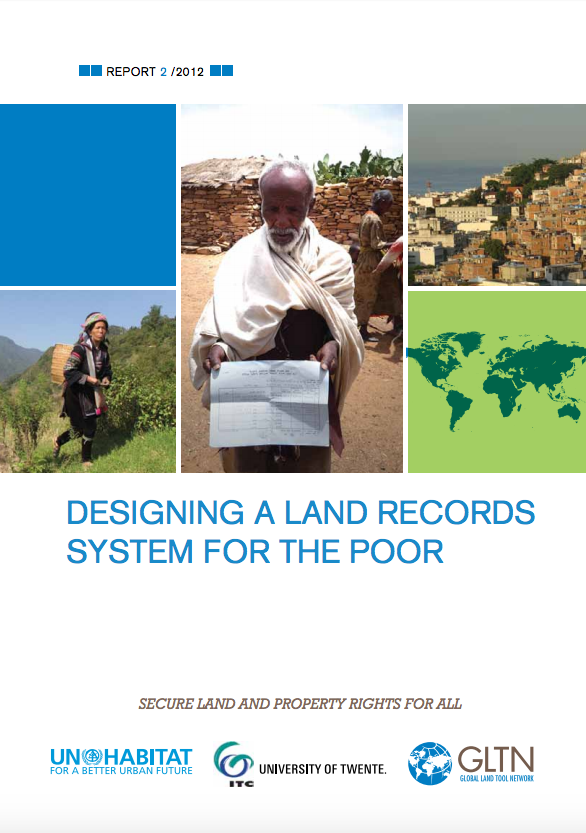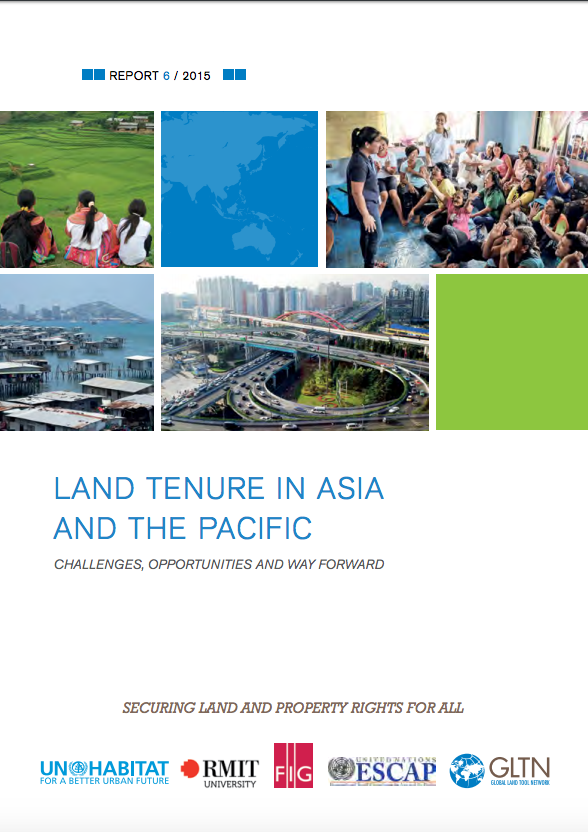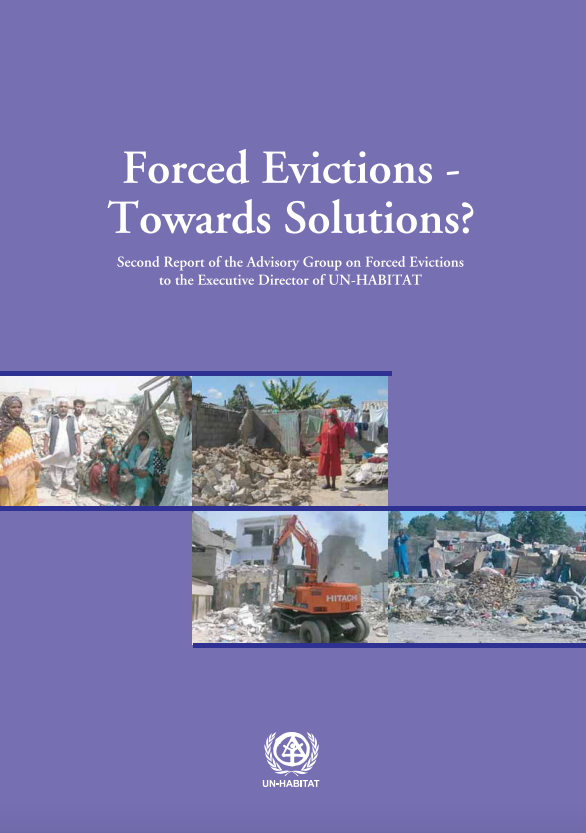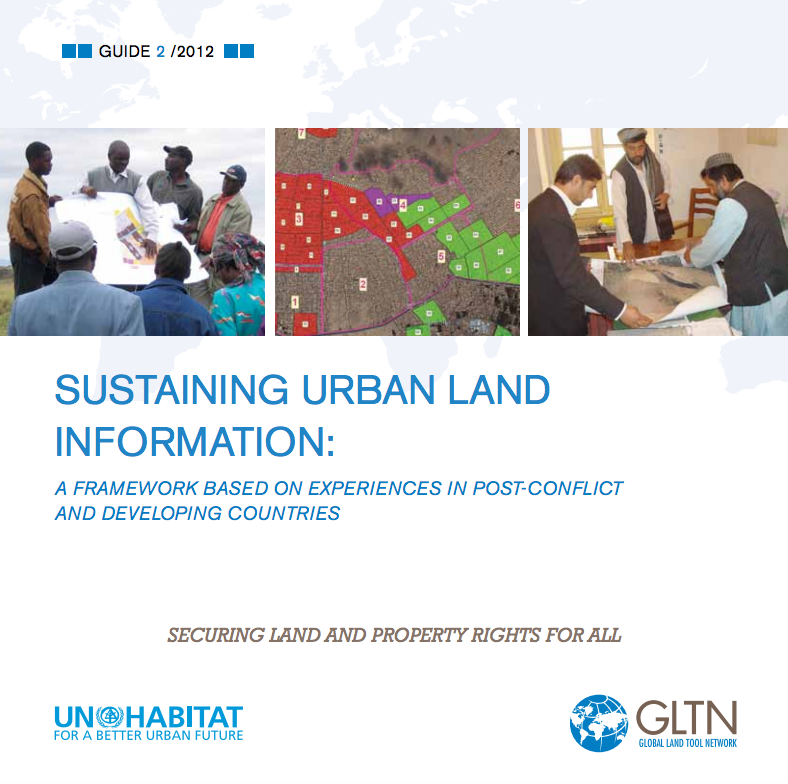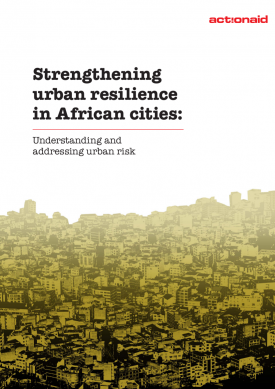Informal Urban Development in Europe: Experiences from Albania and Greece
The study provides the background and objectives of the Athens workshop, then provides separate in-depth background and analysis of the informal development solutions being adopted in Albania and Greece. Following a review of just how ‘pro-poor’ the solutions are, the final chapter provides a series of lessons learned, many of which can be applied to other countries experiencing informal development issues.

